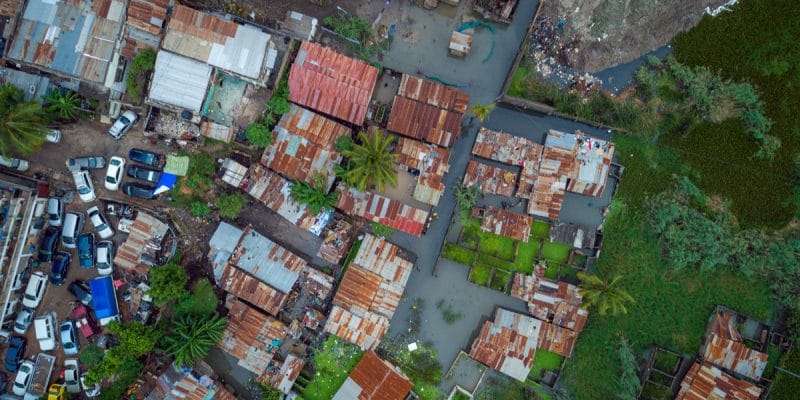AfDB staff in Ivory Coast, in collaboration with the local branch of the Lion's Club, are organising a major clean-up campaign in Attécoubé on the 29th of November 2018, as part of the activities marking Corporate Social Responsibility (CSR) Day 2018. Atécoubé is municipality located in the north of Abidjan and very often devastated by floods.
Located north of Abidjan, the Atécoubé municipality (68.2 km²) is regularly flooded by heavy rains that fall on the economic capital of Ivory Coast. The last deadly flood in the area, from June 18 to 19, 2018, killed 6 people and caused heavy material damage. According to UN-habitat figures, of the 8,000 people threatened by the floods in Attécoubé, six die each year.
It is therefore to overcome such misfortunes that the joint initiative of the staff association of the African Development Bank in Ivory Coast and the Lion’s Club Strelitzia is being implemented. The two parties take the opportunity of the Corporate Social Responsibility (CSR) Day to launch a major clean-up campaign in the municipality of Attécoubé. This includes clearing the gutters of these garbage dumps, which prevent the circulation of water, thus creating floods.
“Nettoyons Atécoubé”, a symbol for the AfDB and Lions Club
The “Nettoyons Atécoubé” (in English, “Let’s clean up Atécoubé”) citizen clean-up day perfectly matches the AfDB’s environmental investment approach in Ivory Coast, with a portfolio of 23 operations amounting to €896 million. On November 7, 2018, the country received a €42.3 million AfDB loan for the installation of mini solar grids in 424 northern rural areas. In addition to benefiting from low-carbon, environmentally friendly electricity, the entire population living in these localities will benefit from the indirect spin-offs of the project, in particular by improving the quality of basic public social services in these localities (education, training, health, hygiene and sanitation, drinking water). The same applies to small businesses, shops, workshops and processing units (particularly grain mills).
The Lion’s Club, for its part, is the largest service club organisation in the world, with 1.4 million members in approximately 46,000 clubs around the world. Lions help communities after natural disasters by providing immediate needs such as food, water, clothing and medical supplies. They are involved in long-term reconstruction work. The organisation has already provided more than $700 million in grants to help fund humanitarian projects around the world.
Boris Ngounou







